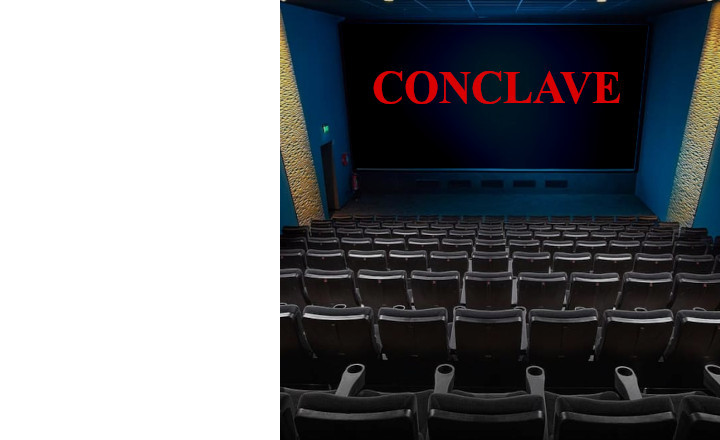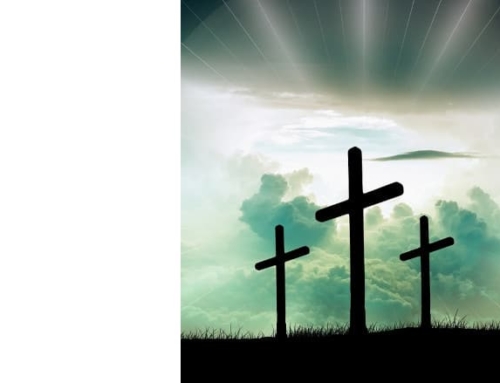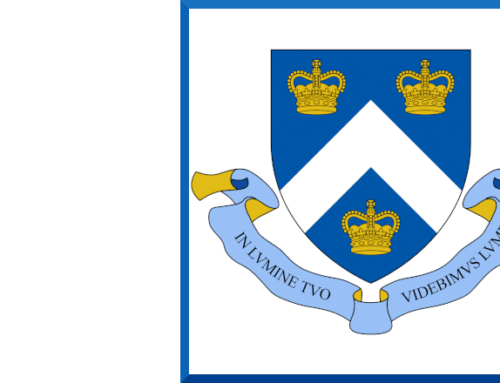On October 25, Conclave will appear in movie theaters across the country. This thriller about a fictitious papal-election has garnered glowing reviews on the film festival circuit. In fact, the movie has garnered a 94 percent score on Rotten Tomatoes.
In its fawning review, the Hollywood Reporter notes, “The film raises timely issues of sexual and racist prejudices within organized religion, while also acknowledging the sexual scandals that have rocked the Church in recent years.” Entertainment Weekly adds that “much of the film interrogates the gap between the Catholic Church’s sins and the true meaning of faith….”
Since Conclave is about the intrigue surrounding the election of a new pope, one might wonder how these negative elements fit into the plot. Unfortunately, the reviews are scarce on specific details, but looking at the 2016 novel it is based on provides more insight.
Like the movie, the novel revolves around the political intrigue of a papal election. Of course, the leading candidates have some sort of moral failing.
- Cardinal Joshua Adeyemi from Africa who holds traditional views had an affair with a nun and fathered a child ruling him out of contention.
- Cardinal Joseph Tremblay a smooth Vatican insider is involved in a scandal of selling Church offices and appointments to bolster his support.
- Liberal Cardinal Aldo Bellini who favors modernizing the Church is a suffering hero rejected by the College of Cardinals.
- Foiling Bellini is the ultra-conservative Cardinal Goffredo Tedesco, a boorish man.
In the middle of the conclave there is an attack by Islamic terrorists prompting Tedesco to effectively call for a new crusade, ending his candidacy. Ultimately, the conclave selects Cardinal Vincent Benítez, a relatively unknown prelate from the Philippines who currently serves as the Archbishop of Baghdad. In a final twist, it turns out Benítez is intersex with what looks to be male reproductive organs but is female.
The author, Robert Harris, claims he has no real religious tradition. However, he is a devout British liberal, even authoring a novel to attack Tony Blair, which was made into a film in collaboration with sexual predator Roman Polanski. In fact, the pair worked on three films. Harris even defended Polanski from his critics saying his crimes are a problem of culture and fashion.
In the novel’s Acknowledgements, Harris cites a slew of dissident Catholic writers including John Cornwell, a British author known for the totally discredited book Hitler’s Pope.
It is equally instructive to consider what some of the people associated with the movie have said:
- Director Edward Berger—”If the Catholic Church wants to survive and take a step into the future it needs to change quickly….”
- Leading actor Ralph Fiennes—”When religious things become so codified, so doctrinal and extreme, then they become for me very frightening.” He then criticized Pope Benedict XVI, “I don’t think anyone who considers themselves an enlightened Catholic can like him.”
- Supporting actor Stanley Tucci played the anti-Catholic Boston lawyer Mitchell Garabedian in Spotlight, lauding his work. That tells us volumes about Tucci’s real agenda.
Given what we know about Conclave from the fawning critics, the novel, and what people associated with the film have said, Conclave is more a piece of anti-Catholic propaganda than it is a work of art. It might have stunning cinematic sequences and a star studded cast, but those things do not redeem the underlying ugliness of the project, namely it aims to paint the Catholic Church in the most negative light possible.







